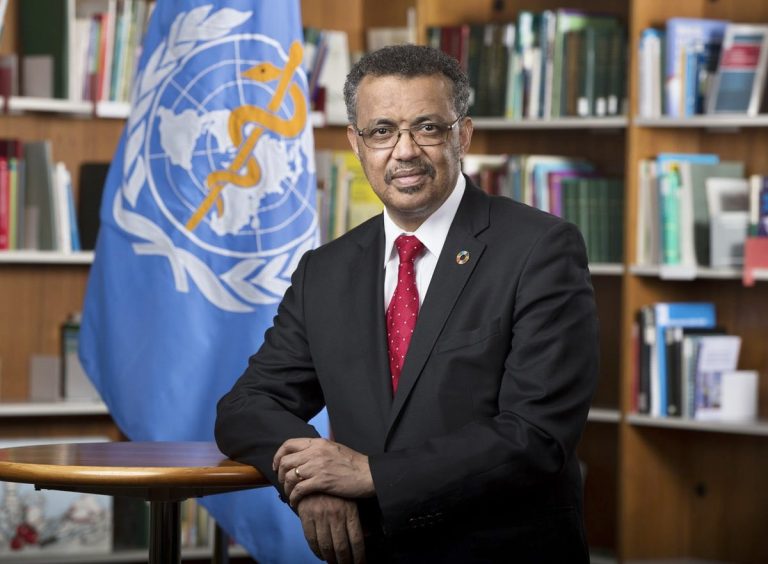The World Health Organization (WHO) has announced immediate cost-cutting measures, including a freeze on non-essential staff recruitment, in response to the financial strain caused by the United States’ decision to withdraw from the global health body.
In an email sent to staff on Thursday, WHO Director-General Dr. Tedros Adhanom Ghebreyesus outlined steps to mitigate the financial impact, including significant reductions in travel, limiting procurement, suspending office upgrades, and holding meetings virtually, except in exceptional cases. Only critical missions to provide technical support to countries will proceed.
“This announcement has intensified our financial challenges and created uncertainty for our workforce,” Dr. Tedros stated, referencing President Donald Trump’s decision on Monday to pull the U.S. out of the WHO.
The United States has long been the WHO’s largest donor, contributing both “assessed contributions” (mandatory membership fees) and “voluntary contributions” (funds typically earmarked for specific programs). Together, U.S. contributions account for approximately 18% of the WHO’s $6.83 billion 2024-2025 budget.
In 2023, the U.S. contributed over $367 million, including more than $261 million in assessed contributions. With its withdrawal officially taking effect in January 2026, the loss of U.S. funding represents a massive blow to the WHO’s financial stability.
Dr. Tedros warned that the current cost-cutting measures are just the beginning, with further reductions expected. He called for solidarity among staff and creative solutions to address the financial crisis.
“Change is a constant, and navigating these challenges will require shared responsibility, flexibility, and innovation. WHO’s people remain our greatest asset, and we will do everything possible to support and protect them,” he assured.
Tedros also encouraged staff to propose ideas for mobilizing resources and improving efficiency.
The WHO has been working to reform its financial structure for over five years, addressing demands from member states for greater efficiency and reduced reliance on donor funding. In 2022, the World Health Assembly adopted reforms aimed at increasing assessed contributions from 16% of the budget to 50% by 2030.
However, the organization’s reliance on over 80% of its budget from grants and voluntary contributions has often skewed priorities toward donor interests rather than member states’ needs. Many of these grants are short-term, with an average duration of just 13 months, creating a lack of predictability and stability.
Dr. Tedros previously expressed embarrassment that many WHO staff are on 60-day rolling contracts due to financial constraints, which undermines workforce stability.
The U.S. withdrawal jeopardizes years of financial reform efforts and increases precarity for WHO staff as the organization tackles growing health challenges exacerbated by climate change.
Dr. Matshidiso Moeti, WHO Africa Director, highlighted in 2022 that a disproportionate amount of staff time is spent managing grants, while funds for non-communicable diseases remain insufficient.
The withdrawal also threatens WHO’s ability to address urgent global health priorities, including pandemic preparedness, non-communicable diseases, and the impacts of climate change on health.
As the WHO faces an uncertain future, the call for solidarity, innovation, and alternative funding mechanisms has never been more critical.


